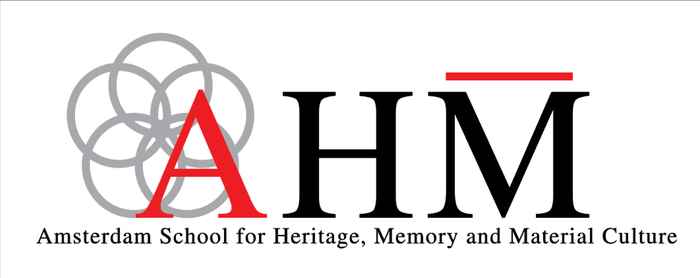Vacancy: PhD Position in Conservation Science
2 December 2024

Within the Black Magic project, we are looking for an enthusiastic PhD candidate with a background in conservation science or analytical chemistry with a strong interest in textiles and textile history, or in textile conservation or technical art history with a strong affinity with analytical chemistry. Museum De Lakenhal holds a unique collection of sample books (1690-1791), with hundreds of black wool samples produced in Leiden. The city followed strict regulations and used several grades to control the quality of its black woollens, which were often meant for export.
As PhD candidate you will mainly focus on the material aspects of the woollens samples in the books. You will study these samples with a wide range of analytical techniques, such as multispectral imaging, liquid chromatography, scanning electron microscopy with energy dispersive X-ray spectroscopy, Raman and FTIR. In addition to material characterisation, the PhD candidate will also study historical publications with an emphasis on historical dye recipes, and background into early modern production of black woollens. A part of the research will focus on creating historical dye reconstructions, based on these historical sources. The research will be fundamental to establish the standardization of inspection practices and trace changes in quality standards throughout the 18th century. Moreover, it will contribute to defining the condition of the samples, furthering conclusions about their preservation, and their use asreferences for the study of other black woollen heritage.
We seek an ambitious PhD candidate who has a very strong interest in textiles, analytical chemistry and art history. You enjoy close collaboration with an interdisciplinary research team of analytical chemists, conservators and art historians. Candidates with either a cross-disciplinary / interdisciplinary background, or have a strong interest in developing their skills are especially encouraged to apply.
This interdisciplinary position could be fulfilled by either a candidate with a degree in Conservation Science or Chemistry with a strong affinity with textiles, or a degree in Textile Conservation or Technical Art History with a strong affinity with analytical chemistry. Experience with preparation of (historical) reconstructions, or technical analysis of art materials is considered a plus.
The deadline for applications is 1 January 2025.